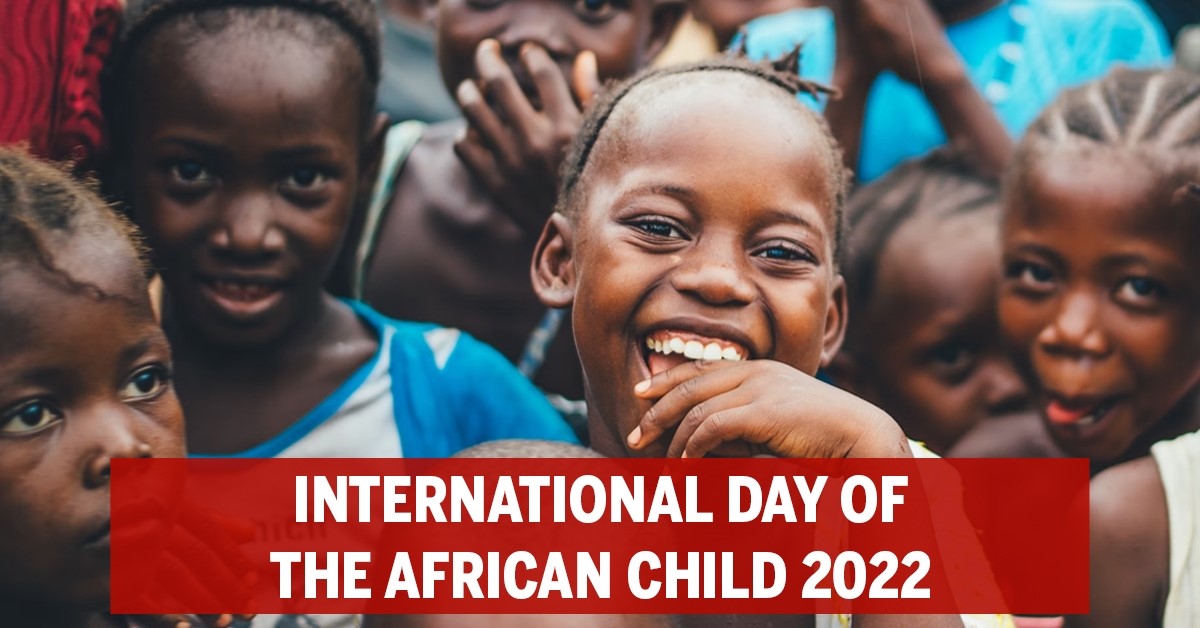By Florence Akano, Humanitarian and Freelance Journalist.
On the 16th of June every year, the global community celebrates the African child. Aptly named the Day of the African Child, June 16 represents a day of reflection and consideration of the plights, circumstances and roadblocks the African child faces in their young life. It is a day where organisations consider effective ways to better help the standard of living for children in Africa and to enable them to live at their fullest potential.
READ MORE: South Africa: Dreams Talks With Michelle Mathews, Director at Viridian
There hasn’t always been a particular day set out to celebrate the children in Africa though, its origins are from a dark day in South African history. On June 16, 1976, ten thousand (10,000) black school children came to the streets in Soweto, South Africa, to protest the poor quality of their education and to demand the right to be taught in their native language. Hundreds of them were brutally shot down, and in the two weeks that followed, over a hundred people were murdered and over a thousand were injured. A dark period in all ramifications that sent shock waves around the world. However, the world has decided to remember the lives of those brave children and turn the sad situation into a day for positive empowerment of other African children. In 1991, the African Union officially established the day as the Day of The African Child.
Every year a theme is predetermined to celebrate the day. The theme for the Day of the African Child 2022 is “Eliminating Harmful Practices Affecting Children: Progress on Policy & Practice since 2013”. The African Committee of Experts on the Rights and Welfare of the Child (Committee), established under Articles 32 and 33 of the African Charter on the Rights and Welfare of the Child (the Charter) selected this theme for the commemoration of the DAC in 2022.
On the day set aside for the African child, there are a few ways to participate and get involved. This way we can do more than just say the words.
1. Make a donation:
There are several charities that promote children’s education in Africa. The K.I.N.D. initiative, established by UNICEF and Lawrence O’Donnell of NBC News, buys desks and benches for Malawian children. There are other charities too that you can reach out to make a donation.
2. Volunteer at a local school:
Another way to get involved is by volunteering to help at a local school. Many schools in Africa often suffer from a shortage of teachers and your help could go a long way in not just helping the children on that day but also inspiring them for the future. Also, you don’t have to be from Africa to celebrate International Day of the African Child. Look for volunteer opportunities at local schools or daycare centres. Spend some quality time with some children.
3. Learn more about the issues:
You can also take time to learn more about the issues affecting the African child. No one is expected to know things without the knowledge, but finding more about the issues will do a lot of help and can start you out in helping African children effectively, and even other children too. We are all members of the human race. The more we study and understand one other, the closer we can go to a peaceful world. Spend some time studying the African continent, its history, and the issues that its children confront.
READ MORE: Djibouti strategically placed to become global ICT center, says Adesina
Why is it important to celebrate the Day of The African Child?
The reason the children that day in Soweto were protesting was for the improvement of their education. To remember the courage and effort of the children is to attempt to come good on their request. Education is the major reason why we have to remember and celebrate June 16.
Education as a human right:
Most of the world regards free and public education as a core human right, something that should be accessible to every child. The International Day of the African Child encourages governments across the African continent to provide children with a decent education, good conditions and an environment for the children to receive quality and uninterrupted education.
It has important roots:
The day commemorates the Soweto uprising in South Africa in 1971 when students took to the streets to protest the South African government’s unequal education policy. It is important to remember the struggles of our people and make sure their sweat and blood are not wasted or forgotten.
It highlights the value of education:
Education is very important for a child’s success as they grow up. There is a mountain of evidence suggesting students who receive a high-quality education at all levels have a higher likelihood of success. The International Day of the African Child serves as a reminder that African children are entitled to a proper education. It is pertinent that African children are given the best chance at a quality education so that they can take care of themselves and also the continent at large in future.
The views and opinions expressed in this article are those of the author’s and do not necessarily reflect those of Africanian News.
